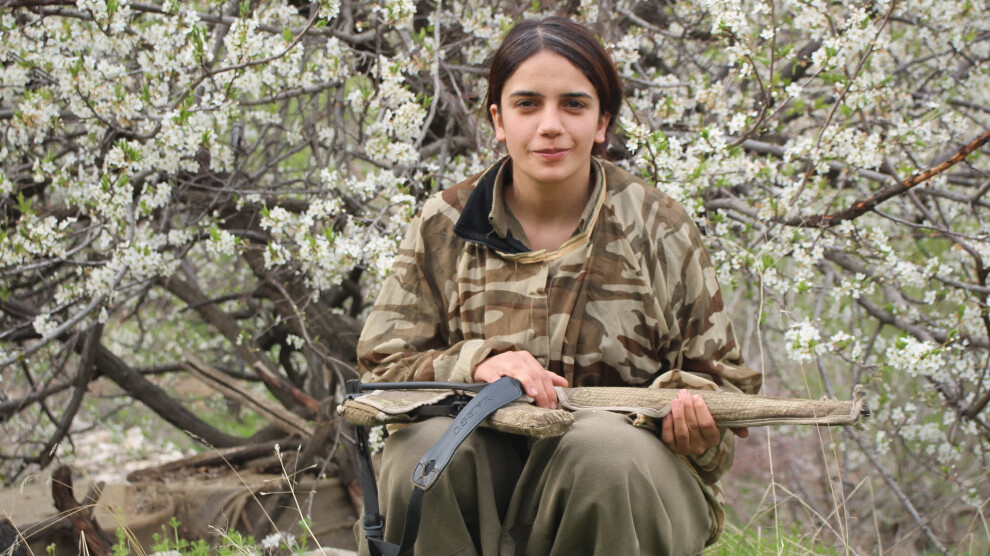![]()
Since April 2024, the Turkish army has carried out a series of ground and air attacks along the entire region of Kurdistan, that is, from the state borders of Turkey and Syria all the way to Northern Iraq. Like Israel’s genocidal policy and the war in Palestine, Turkey is also using all possible military and political moves to destroy the Kurdish national liberation movement, but with one difference – this time, Turkey decided on a quiet approach, without media theater.

Rojava
In Rojava, on May 24, agricultural machines, fields and fields were hit by air, causing large fires, all with the aim of starving people in that territory. During the attack, at least three people were killed. On the same day in Northern Iraq, in the Zap region, several villages were hit by airstrikes. 11 people have been killed in similar attacks so far, while a few days earlier a Turkish container was destroyed with an unspecified number of soldiers who were killed or wounded in it.
Turkey
In the province of Bakure, which is located within the Turkish state borders, there was an attack on Kurdish guerrilla units at the beginning of April. Despite the violent onslaught of the Turkish army, the guerrillas managed to hold on and fight back, after which the Turkish state was forced to use diplomacy and perfidious promises to the local population in an attempt to suppress support for the guerrillas. What is also evident is the progress of the guerrilla fighters on the tactical level, which is most clearly seen by the Turkish losses. During these attacks, the Turkish army even managed to lose a military Sikorsky helicopter, along with 12 soldiers. The intensity of the fighting is best illustrated by the fact that the guerrillas were bombed 279 times, while they were attacked directly 30 times.

Iraq
However, the airstrikes did not stop. In addition to them, the Turkish army also launched chemical weapons attacks, not just once, but 35 times. The extremely unfavorable terrain, which can hide a guerrilla fighter anywhere in its tunnels, forced the Turkish army to resort more and more to the most brutal methods – indiscriminate bombardment of villages and civilian infrastructure or the use of even worse than conventional weapons – chemical weapons. It is quite certain that such attacks will continue, if the inability of the Turkish army and mercenaries to suppress the Kurdish movement is taken into account, but with the resistance firmly established in the people, it is only a matter of time before the Turkish occupation of Kurdistan will experience its inglorious end.


